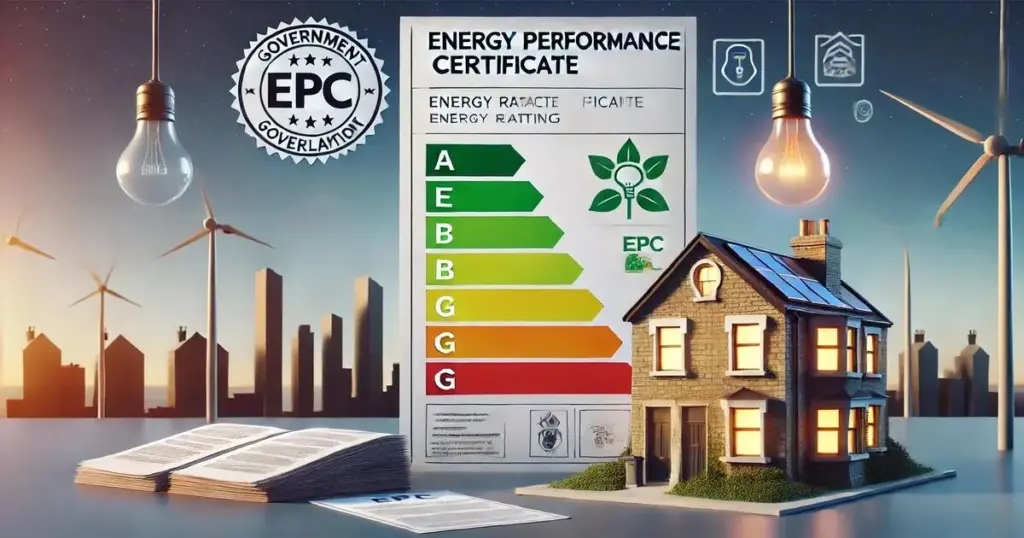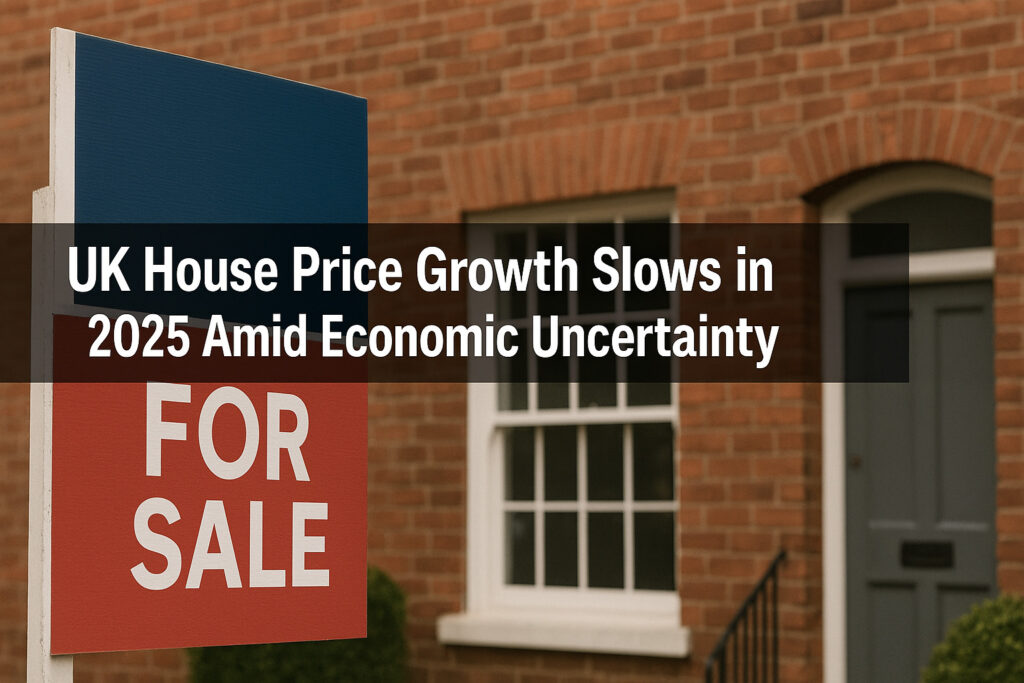Tariffs are no longer confined to trade wars and international headlines. They are fast becoming a significant influence on the UK property market, particularly for those navigating mortgage applications and rates.
This guide explores the intricate relationship between global tariffs and UK mortgage affordability, interest rates, and long-term property investment strategies.
The Ripple Effect: How Tariffs Influence UK Economic Indicators
When global tariffs increase, the cost of imports rises. This leads to higher prices for goods ranging from building materials to consumer electronics.
In the UK, such cost increases contribute to inflationary pressure, directly influencing decisions made by the Bank of England (BoE).
Rising inflation often forces the BoE to raise its base interest rate, the benchmark that drives mortgage interest rates across the board.
Mortgage Rates and Tariff-Induced Inflation
How Inflation Affects Mortgage Costs
Fixed-Rate Mortgages: Borrowers locked into fixed rates remain shielded for their term. However, remortgaging becomes more expensive as rates rise.
Variable and Tracker Mortgages: These are directly exposed to BoE rate hikes, making monthly payments more volatile.
Buy-to-Let Mortgages: Landlords face higher costs, which may be passed onto tenants or lead to reduced yields.
Tariff-related inflation doesn’t just affect current borrowers; it alters the overall affordability landscape, tightening the lending criteria for new applicants.
Construction Costs and Supply Chain Disruption
Tariffs on steel, timber, and imported machinery increase costs for developers. The direct consequences include:
Slower housing development due to squeezed margins.
Increased house prices are driven by lower supply and higher construction costs.
The knock-on effect on affordability pushes first-time buyers further out of the market.
Mortgage Eligibility: Stricter Lending Criteria
Lenders adopt a more cautious stance in uncertain economic climates triggered by tariff escalations. Criteria tighten in several ways:
Lower loan-to-income ratios.
Increased minimum deposit requirements.
Stricter credit assessments.
Lenders are particularly cautious with self-employed and contract workers whose income may be impacted by global supply chain instability.
Tariffs and Employment Risk: A Hidden Mortgage Threat
Many UK industries rely on global trade and imported goods. Tariffs increase operating costs for:
Retail chains
Automotive manufacturers
Logistics firms
These sectors may respond with hiring freezes or layoffs. For mortgage applicants, job insecurity is a red flag that can severely hinder approval odds or reduce loan amounts.
Remortgaging in a High-Tariff Economy
Homeowners looking to switch to better mortgage deals may find fewer competitive offers due to:
Increased risk premiums by lenders.
Volatile market conditions discourage long-term fixed deals.
Tighter underwriting standards.
We recommend early action — ideally six months before your current deal ends — to lock in rates before potential tariff-induced hikes.
Strategic Tips for Homebuyers Amid Tariff Volatility
strategy description
Lock in fixed rates Secure predictable payments for 2-5 years as rates rise.
Increase deposit Higher deposits reduce risk and open access to better deals.
Monitor global trade news Stay ahead of economic shifts by tracking tariff developments.
Use a broker. A Mortgage broker can navigate changing lender criteria and spot early opportunities.
Long-Term Impact on Property Investment
Buy-to-let investors and developers must factor in tariff uncertainty when forecasting profits. Tariff-induced inflation impacts:
Material sourcing and project budgets
Rental affordability for tenants
Future interest rate trajectories
Savvy investors are diversifying portfolios, focusing on areas with strong rental demand and resilient employment sectors.
How Tariffs Impact the Mortgage Market
Tariff Increase
Tariffs are raised on imported goods.
Higher Import Costs
The cost of building materials, electronics, and everyday items goes up.
Increased Inflation
As prices rise across the board, overall inflation in the economy increases.
Bank of England Raises Interest Rates
The Bank of England typically raises its base interest rate to combat inflation.
Higher Mortgage Rates
Lenders pass on these rate increases to borrowers, making mortgages more expensive.
Reduced Mortgage Affordability
Higher monthly payments mean many people can no longer afford the exact loan amounts.
Fewer Homebuyers Qualify
Stricter lending criteria and affordability issues reduce the pool of qualified buyers.
Slower Housing Market Growth
With fewer buyers and tighter conditions, the overall housing market cools down.
How Tariffs Impact the Mortgage Market
FAQ
Will tariff changes make my mortgage more expensive?
Yes, tariffs can increase inflation, leading to higher interest rates and affecting new and existing mortgages.
Should I remortgage now or wait?
If you’re approaching the end of your current deal, consider remortgaging early to avoid higher rates likely caused by economic uncertainty from tariffs.
Do tariffs affect house prices?
Yes. Tariffs on building materials increase construction costs, which can push up house prices due to reduced supply.
Can tariffs influence mortgage approval?
Yes. Economic uncertainty makes lenders tighten criteria, making approvals more difficult, especially for high-risk borrowers.
Are first-time buyers at risk?
Yes. They are particularly vulnerable as rising costs and stricter lending rules reduce their chances of securing favourable deals.
Final Thoughts
The impact of tariffs extends far beyond international trade. In today’s interconnected economy, tariff changes can trigger a domino effect that reshapes the UK’s mortgage markets, house prices, and property strategies.
For homebuyers and investors alike, staying informed and acting decisively is more critical than ever.
Speaking to an independent mortgage adviser today for tailored advice and access to the most competitive mortgage products amid volatile times.
Read our other Blogs:
Choosing The Right London Estate Agent: What You Must Know
UK Property Market Sees Record Low Foreign Demand In 2025 – Full Breakdown – London Estate Agency





